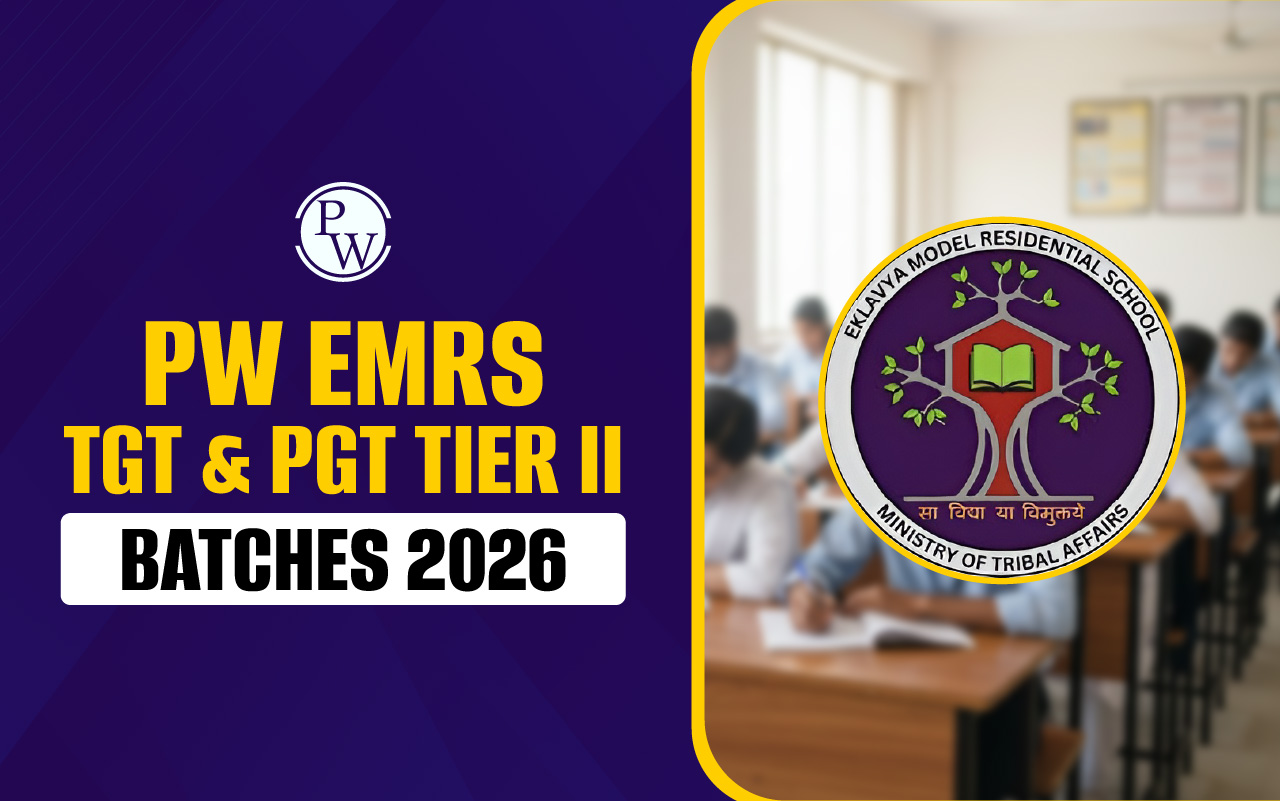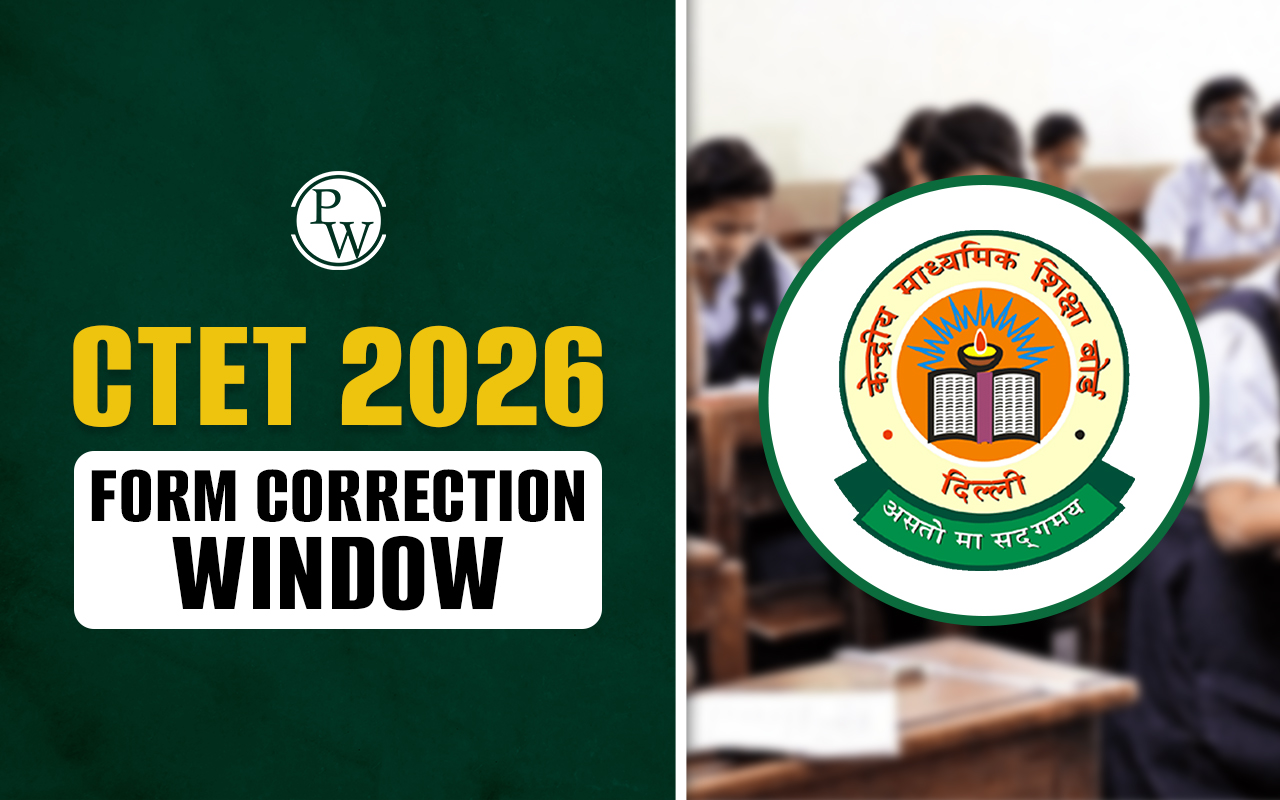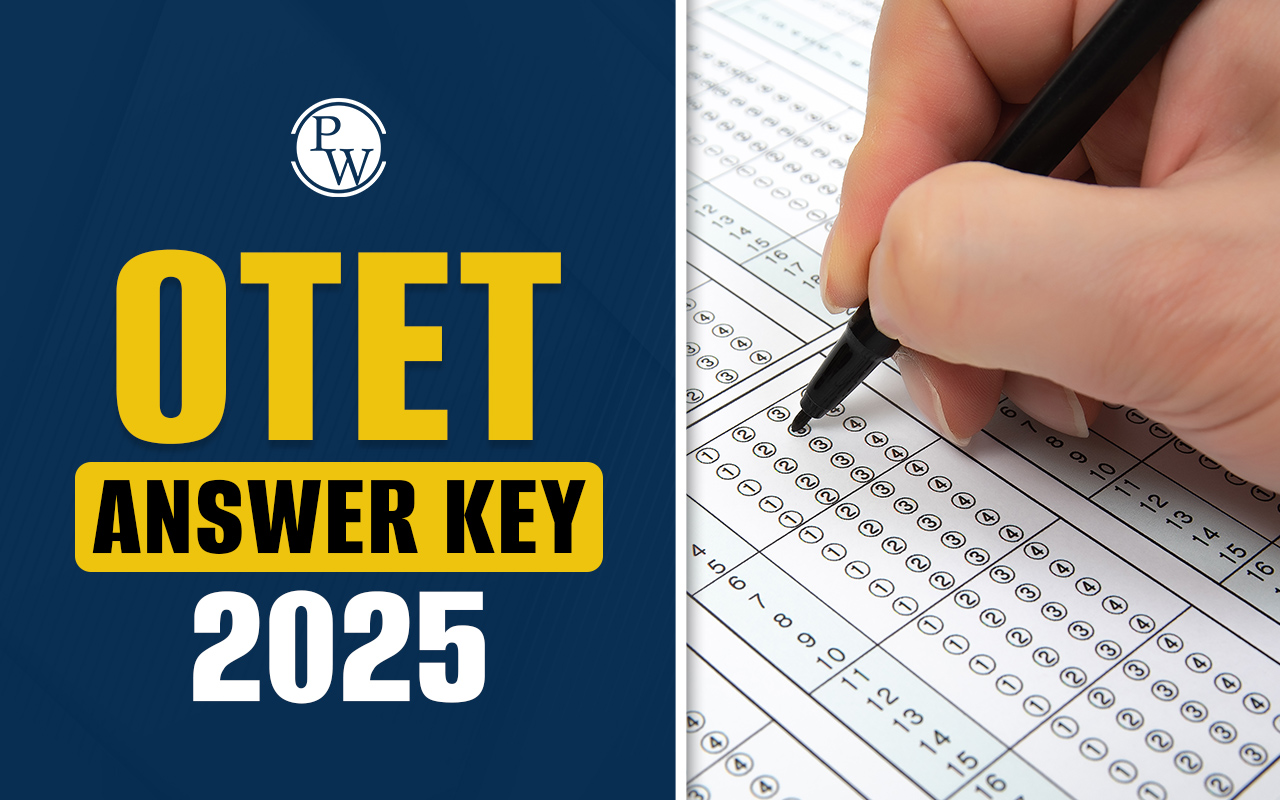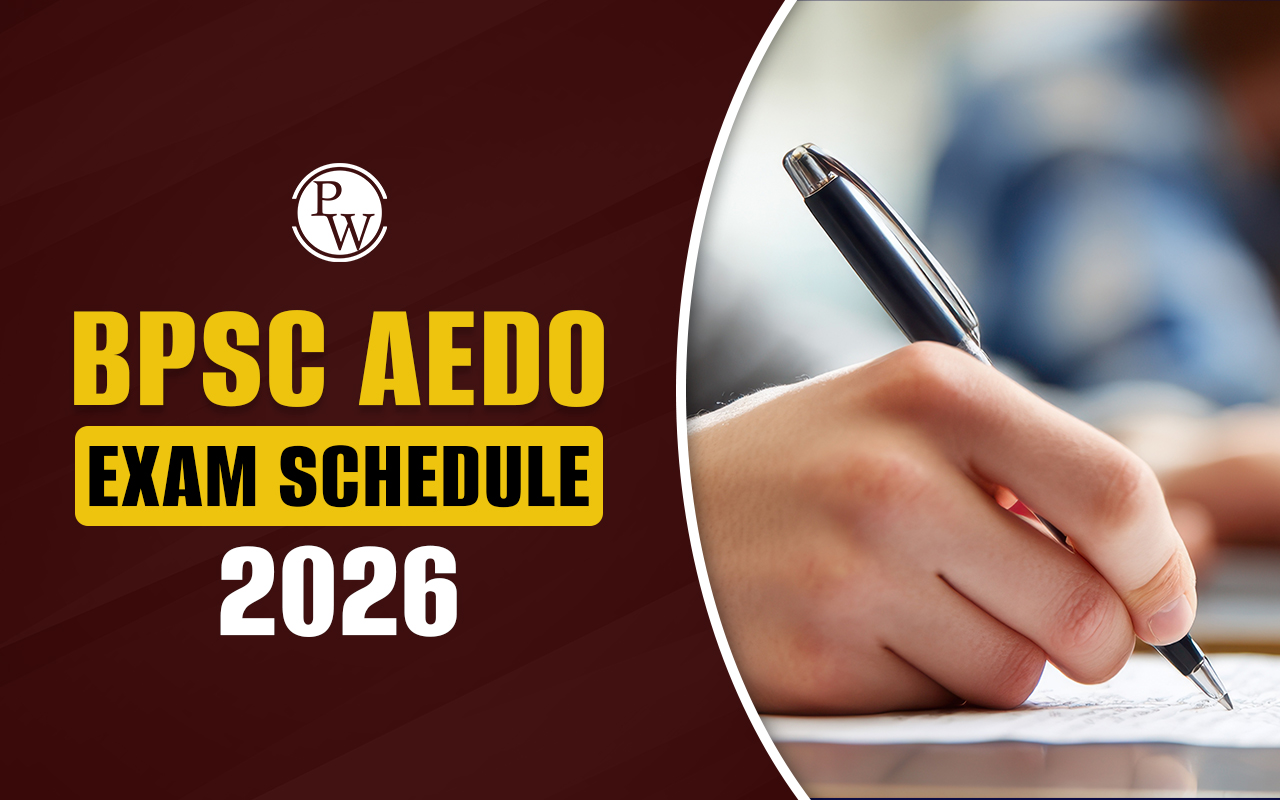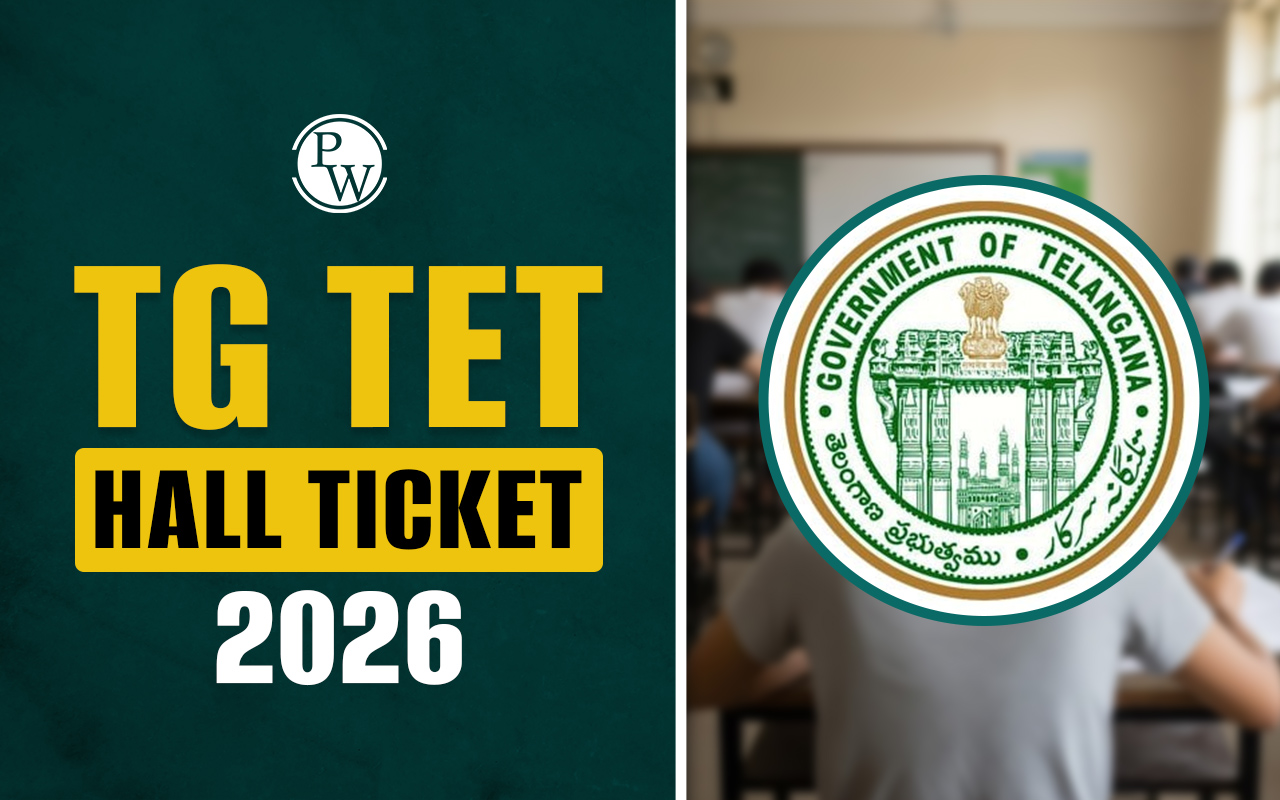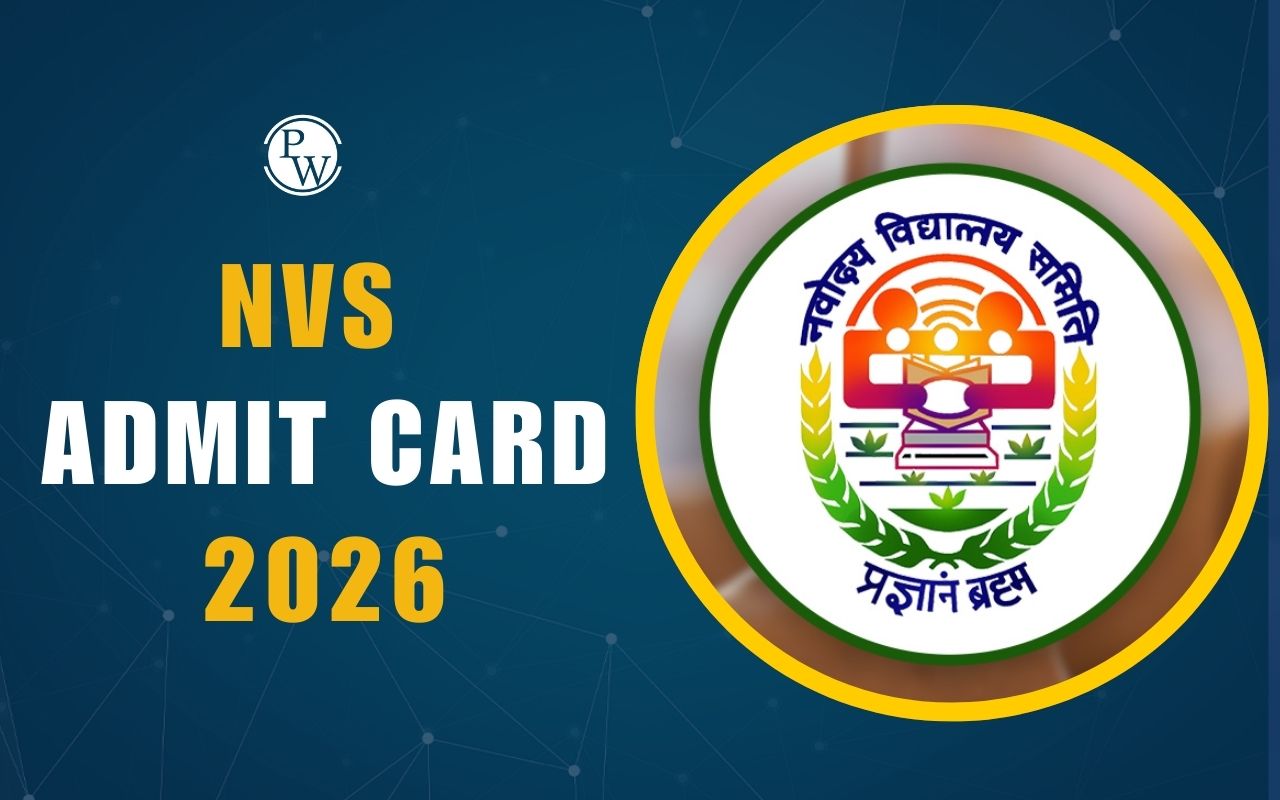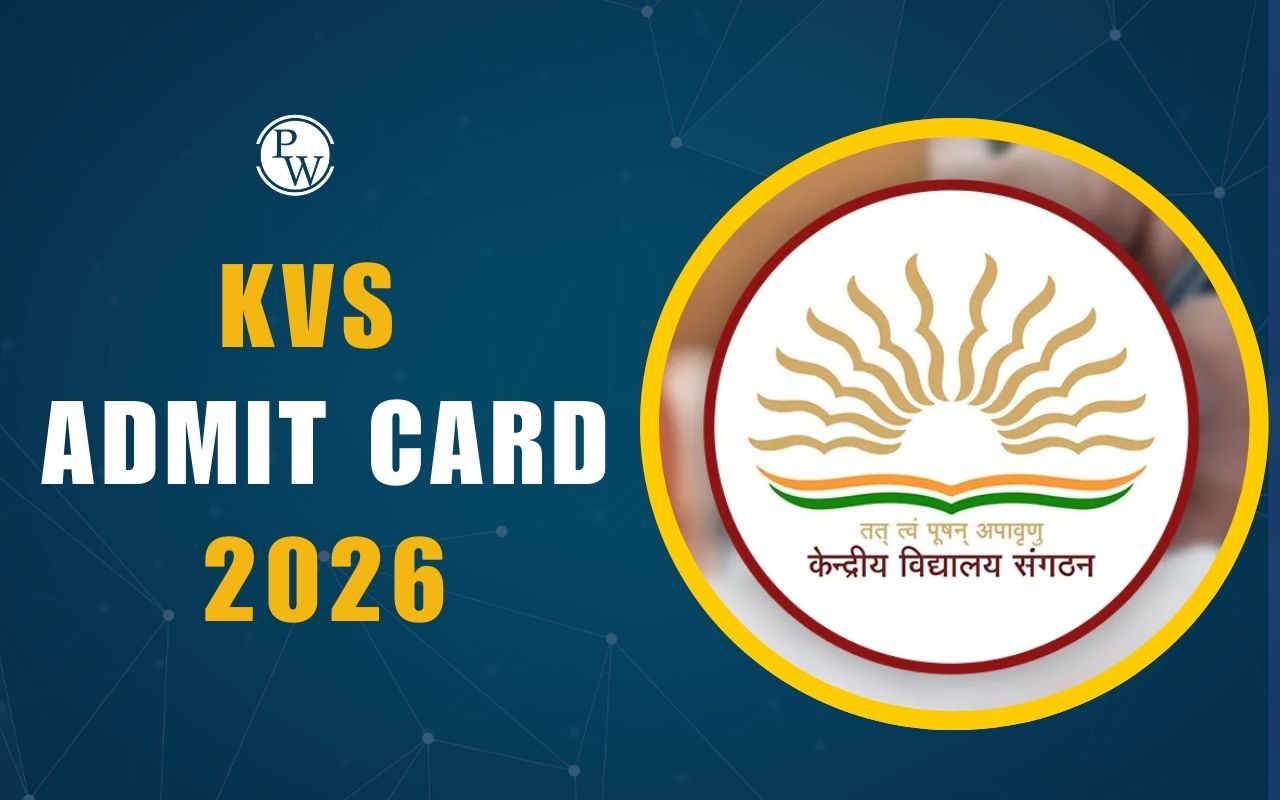
HSSC TGT Syllabus 2024: The Haryana Staff Selection Commission (HSSC) conducts the Trained Graduate Teacher (TGT) exam to recruit eligible candidates for teaching positions in government schools across Haryana. The HSSC TGT Exam 2024 is crucial for aspiring teachers, and understanding the syllabus is key to effective preparation. This article will provide a detailed overview of the HSSC TGT Syllabus 2024, including the subject-wise topics, exam pattern, and tips for preparation.
Haryana HSSC TGT Recruitment 2024
On August 16, 2024, the Haryana Staff Selection Commission (HSSC) announced a notification for the recruitment of 76 Trained Graduate Teacher (TGT) positions. The online application process for these positions will begin on August 26, 2024. Interested candidates must submit their applications through the official HSSC website. It is important to note that those who fail to apply before the deadline will not be eligible to take the exam.HSSC TGT Syllabus 2024
The HSSC TGT Exam is a state-level examination conducted by the Haryana Staff Selection Commission for the recruitment of Trained Graduate Teachers in various subjects. Candidates who clear this exam are eligible to be appointed as teachers in government schools in Haryana.| HSSC TGT Syllabus 2024 Overview | |
| Exam Name | HSSC TGT Exam 2024 |
| Conducting Body | Haryana Staff Selection Commission (HSSC) |
| Post | Trained Graduate Teacher (TGT) |
| Mode of Examination | Offline (Pen and Paper-Based) |
| Subjects | Multiple subjects including Environmental Awareness, Physical Education, etc. |
Haryana HSSC TGT Exam Pattern
Understanding the exam pattern is crucial as it helps candidates strategize their preparation. The HSSC TGT Exam 2024 comprises multiple-choice questions (MCQs).- No negative marking
- For each unattempted question, 0.95 will be deducted
| HSSC TGT Exam Pattern 2024 | ||
|---|---|---|
| Section | Marks | Description |
| ENVIRONMENTAL AWARENESS, Haryana General Knowledge and Welfare schemes of the Haryana Government, Road Safety Awareness, Perspectives on Education and Leadership | 95 Marks | Consists of objective-type questions from various subjects. |
HSSC TGT Syllabus 2024 Details
The HSSC TGT syllabus covers subjects like Environmental Awareness, Physical Education, Road Safety etc. Understanding the HSSC TGT Syllabus 2024 is important for the exam. The candidates can go through the table below to know about the subject-wise Haryana TGT Syllabus 2024.| Subjects | HSSC TGT Syllabus 2024 |
| Environmental Awareness | Basics of ecology, eco system- concept, and sustainable development, Sources, advantages, disadvantages of renewable and non-renewable energy, Rain water harvesting, Deforestation – its effects & control measures. Air and Noise Pollution: Air Pollution: Source of air pollution. Effect of air pollution on human health, economy, Air pollution control methods, Noise Pollution: Source of noise pollution, Unit of noise, Effect of noise pollution, Acceptable noise level, Different method of minimizing noise pollution. Water and Soil Pollution: Water Pollution: Impurities in water, Cause of water pollution, Source of water pollution. Effect of water pollution on human health, Concept of DO, BOD, COD. Prevention of water pollution- Water treatment processes, Sewage treatment. Water quality standard, Soil Pollution: Sources of soil pollution, Effects and Control of soil pollution, Types of Solid waste- House hold, Industrial, Agricultural, Biomedical, Disposal of solid waste, Solid waste management E-waste, E – waste management. Impact of Energy Usage on Environment: Global Warming, Green House Effect, Depletion of Ozone Layer, Acid Rain. Eco-friendly Material, Recycling of Material, Concept of Green Buildings, Concept of Carbon Credit & Carbon footprint |
| Haryana General Knowledge and Welfare Schemes of the Haryana Government | Haryana history, current affairs, literature, Geography, Civics, Environment, Culture etc. and Welfare schemes run by state Government of Haryana and provisions there-in. |
| Road Safety Awareness | Traffic Rules, importance of traffic rules, authority to implement traffic rules, punishment for violating traffic rules, authority to issue driving license, procedure to get driving license, classification of vehicles, traffic signs, knowledge of safety measures in vehicles. |
| Perspectives on Education and Leadership | Concept of growth, maturation and development, principles and debates of development, development tasks and challenges, Domains of Development: Physical, Cognitive, Socioemotional, Moral etc., deviations in development and its implications, Understanding Adolescence: Needs, challenges and implications for designing institutional support, Role of Primary and Secondary Socialization agencies. Ensuring Home school continuity. Theoretical perspectives on Learning -Behaviorism, Cognitivism and Constructivism with special reference to their implications for: (i) The role of teacher (ii) The role of learner (iii) Nature of teacher- student relationship (iv) Choice of teaching methods (v) Classroom environment (vi) Understanding of discipline, power etc. Factors affecting learning and their implications for: (i) Designing classroom instructions, (ii) Planning student activities and, (iii) Creating learning spaces in school. Planning and Organization of Teaching-Learning; e-Perspectives in Education, NEP-2020: Early Childhood Care and Education: The Foundation of Learning; Foundational Literacy and Numeracy; Curriculum and Pedagogy in Schools: Holistic & Integrated Learning; Equitable and Inclusive Education: Learning for All; Competency based learning and Education. Guiding Principles for Child Rights, Protecting and provisioning for rights of children to safe and secure school environment, Right of Children to free and Compulsory Education Act, 2009, Historically studying the National Policies in education with special reference to school education; |
| Physical Education | Definition aim and objectives of physical education, History of physical education pre and post-independence era Biological foundation of physical education (a.) Heredity and environment Health and HygieneAnatomy and PhysiologyKinesiology and Biomechanics, Psychology and Sociology in sports, Yoga education, Test Measurements and evaluation, Sports Management, Sports Training |
Haryana HSSC TGT Syllabus PDF
Having the HSSC TGT Syllabus PDF is crucial for efficient exam preparation. Candidates can go through the details of the Haryana HSSC TGT Syllabus in PDF format provided below for candidates' reference.Preparation Tips for HSSC TGT Exam 2024
Preparing for the HSSC TGT Exam requires a well-structured plan. Here are some tips to help you succeed:- Understand the Syllabus: Make sure you are well-acquainted with the detailed syllabus. Focus on the topics that carry more weightage.
- Create a Study Schedule: Allocate specific time slots for each subject. Stick to the schedule to ensure comprehensive preparation.
- Practice Regularly: Solve the previous year’s question papers and take mock tests to enhance your speed and accuracy.
- Focus on Weak Areas: Identify your weak areas and spend more time improving them.
- Stay Updated: Keep yourself updated with current affairs and general knowledge topics.
- Revise: Regular revision is key to retaining what you have studied. Make short notes for quick revision.
- Take Care of Health: A healthy mind resides in a healthy body. Ensure you are getting enough rest and maintaining a balanced diet.
HSSC TGT Syllabus 2024 FAQs
1. What subjects are included in the HSSC TGT Syllabus 2024?
The syllabus includes various subjects as mentioned in the article for the TGT post.
2. Is there negative marking in the HSSC TGT exam?
No, there is no negative marking in the HSSC TGT exam.
3. How many marks are allotted to the written examination?
The written examination carries 95 marks.
Talk to a counsellorHave doubts? Our support team will be happy to assist you!

Check out these Related Articles
Free Learning Resources
PW Books
Notes (Class 10-12)
PW Study Materials
Notes (Class 6-9)
Ncert Solutions
Govt Exams
Class 6th to 12th Online Courses
Govt Job Exams Courses
UPSC Coaching
Defence Exam Coaching
Gate Exam Coaching
Other Exams
Know about Physics Wallah
Physics Wallah is an Indian edtech platform that provides accessible & comprehensive learning experiences to students from Class 6th to postgraduate level. We also provide extensive NCERT solutions, sample paper, NEET, JEE Mains, BITSAT previous year papers & more such resources to students. Physics Wallah also caters to over 3.5 million registered students and over 78 lakh+ Youtube subscribers with 4.8 rating on its app.
We Stand Out because
We provide students with intensive courses with India’s qualified & experienced faculties & mentors. PW strives to make the learning experience comprehensive and accessible for students of all sections of society. We believe in empowering every single student who couldn't dream of a good career in engineering and medical field earlier.
Our Key Focus Areas
Physics Wallah's main focus is to make the learning experience as economical as possible for all students. With our affordable courses like Lakshya, Udaan and Arjuna and many others, we have been able to provide a platform for lakhs of aspirants. From providing Chemistry, Maths, Physics formula to giving e-books of eminent authors like RD Sharma, RS Aggarwal and Lakhmir Singh, PW focuses on every single student's need for preparation.
What Makes Us Different
Physics Wallah strives to develop a comprehensive pedagogical structure for students, where they get a state-of-the-art learning experience with study material and resources. Apart from catering students preparing for JEE Mains and NEET, PW also provides study material for each state board like Uttar Pradesh, Bihar, and others
Copyright © 2025 Physicswallah Limited All rights reserved.
Get App
